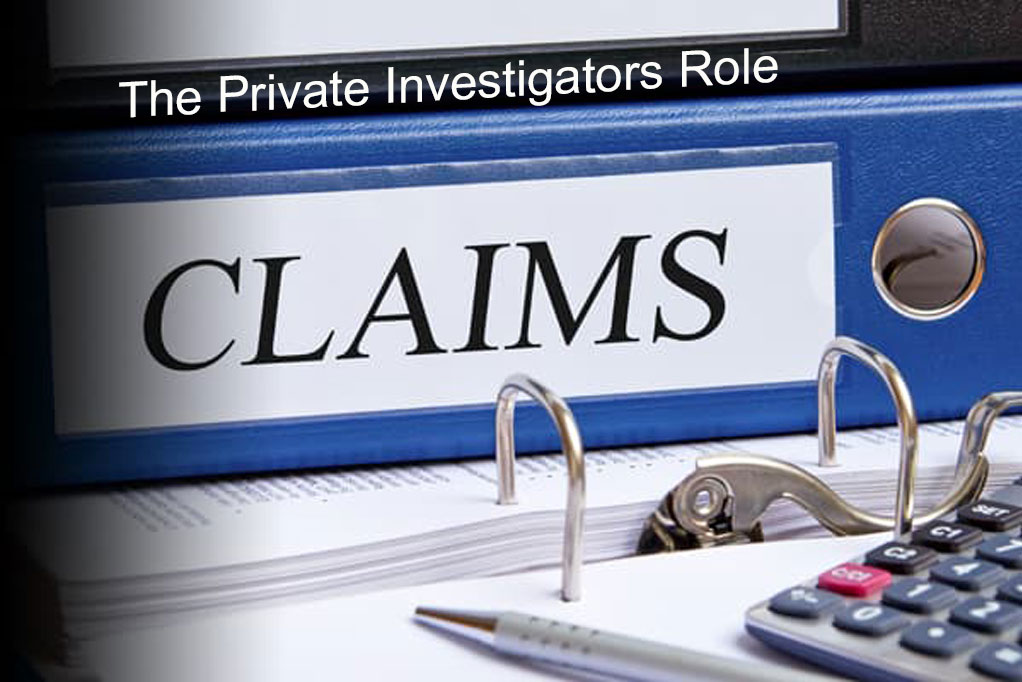Lawyers often rely on private investigators (PIs) to gather crucial evidence, conduct research, and support their legal cases. However, mistakes can occur during the hiring process that may impact the effectiveness and integrity of the investigation. Here are ten common mistakes lawyers make when hiring a private investigator:
- Not Verifying Credentials and Licensing: One of the critical mistakes is failing to verify the PI’s credentials, including their licensing, experience, and reputation. It’s essential to ensure that the investigator is properly licensed and authorized to conduct investigations in the relevant jurisdiction.
- Not Assessing Specialized Skills: PIs can specialize in various areas such as surveillance, background checks, digital forensics, or undercover operations. It’s crucial to match the investigator’s skills with the specific requirements of the case. Hiring a PI without the right expertise can lead to inefficiencies and incomplete results.
- Failure to Establish Clear Objectives: Lawyers should clearly communicate their objectives and expectations to the private investigator. Lack of clarity about the scope of work, timeline, and desired outcomes can result in misunderstandings and ineffective investigations.
- Ignoring Conflict of Interest Checks: It’s important to ensure that the private investigator doesn’t have any conflicts of interest that could compromise the investigation or raise ethical concerns. Lawyers should ask about any potential conflicts before hiring.
- Not Setting a Budget and Timeline: Failing to establish a budget and timeline for the investigation can lead to unexpected costs and delays. Lawyers should discuss these aspects upfront with the PI to avoid misunderstandings later on.
- Poor Communication Practices: Effective communication is key to a successful attorney-investigator relationship. Lawyers should maintain regular contact with the PI, provide necessary updates, and promptly address any concerns or questions that arise during the investigation.
- Overlooking Legal and Ethical Guidelines: Private investigators must adhere to legal and ethical guidelines when conducting investigations. Lawyers should ensure that the PI operates within the boundaries of the law and respects individuals’ privacy rights.
- Not Reviewing Investigative Reports Thoroughly: Lawyers should carefully review the investigative reports provided by the PI. Ignoring or overlooking important details in the reports can impact the legal strategy and case outcome.
- Relying Solely on Referrals or Online Reviews: While referrals and online reviews can be helpful, lawyers should conduct their due diligence before hiring a private investigator. This includes interviewing the PI, checking references, and assessing their track record.
- Lack of Follow-Up and Evaluation: After the investigation is completed, lawyers should evaluate the effectiveness of the PI’s work and discuss any lessons learned for future collaborations.




